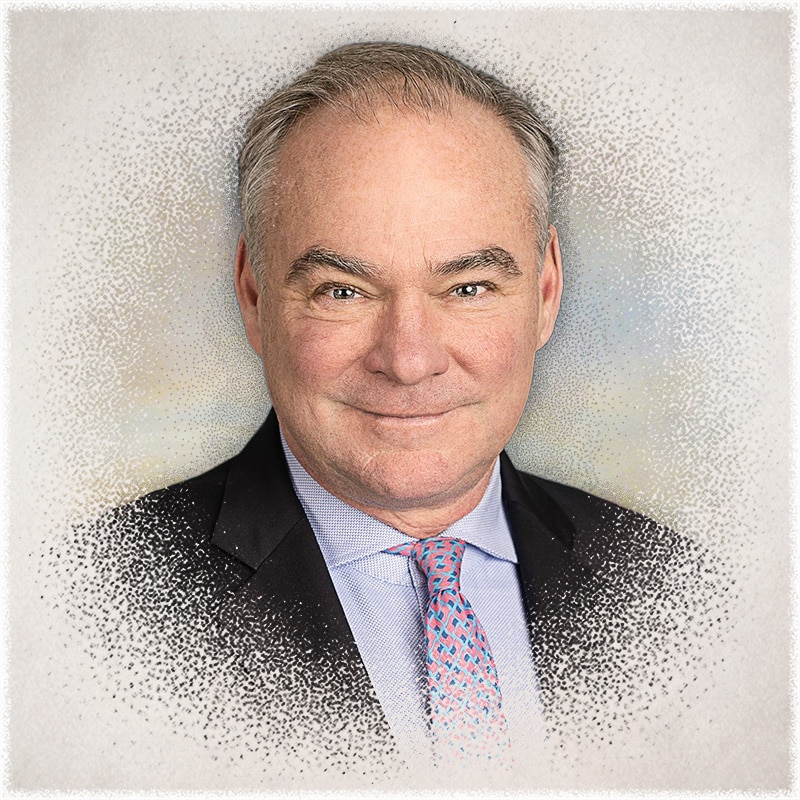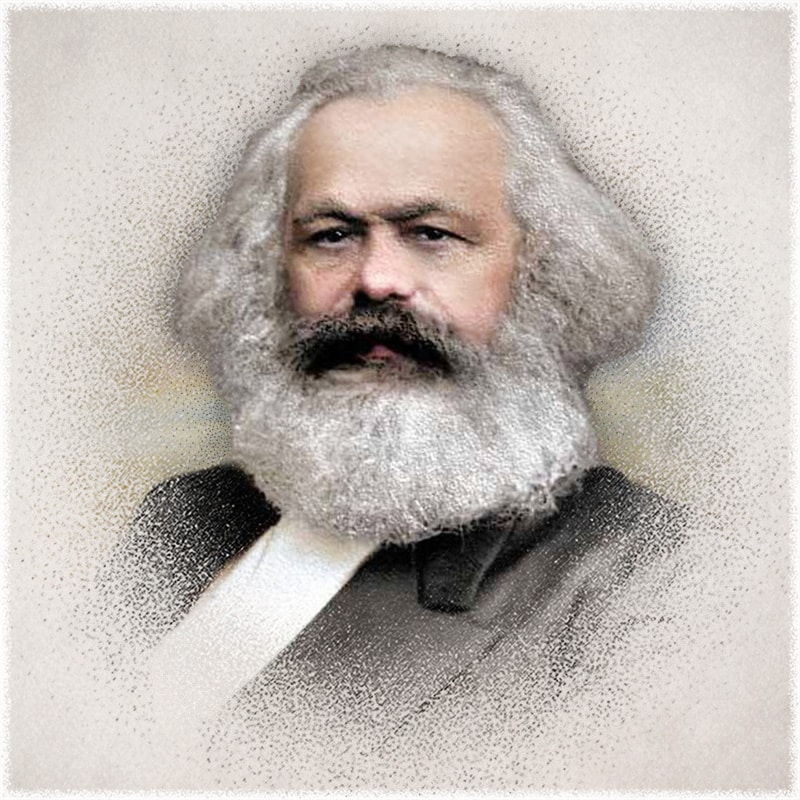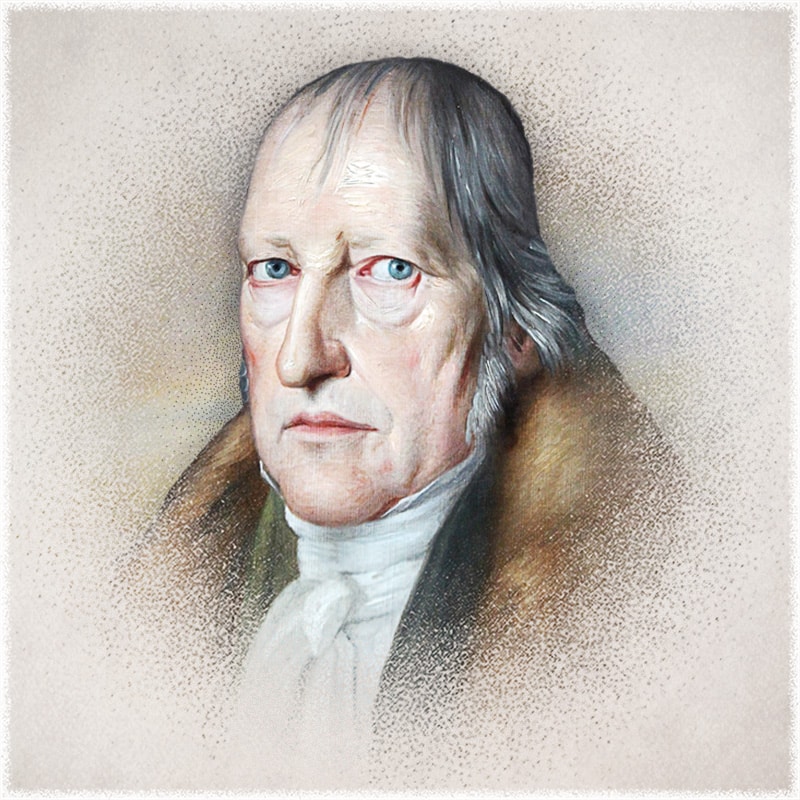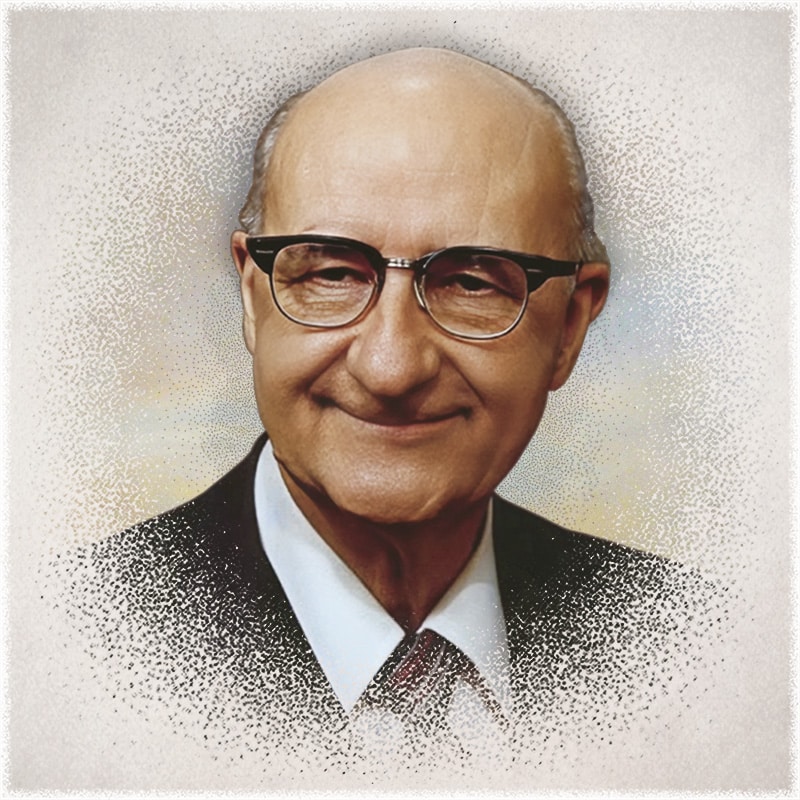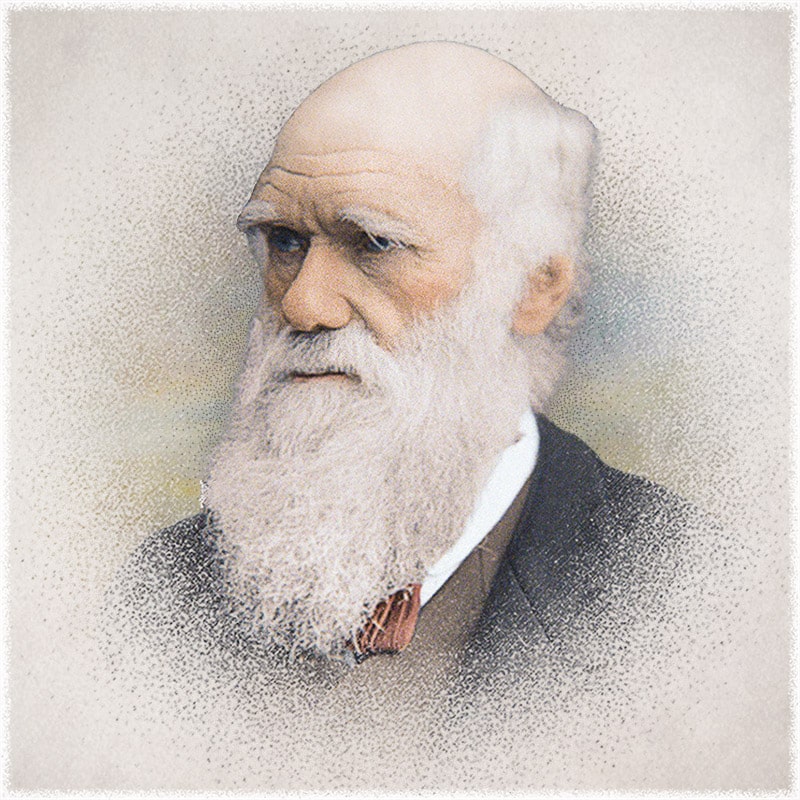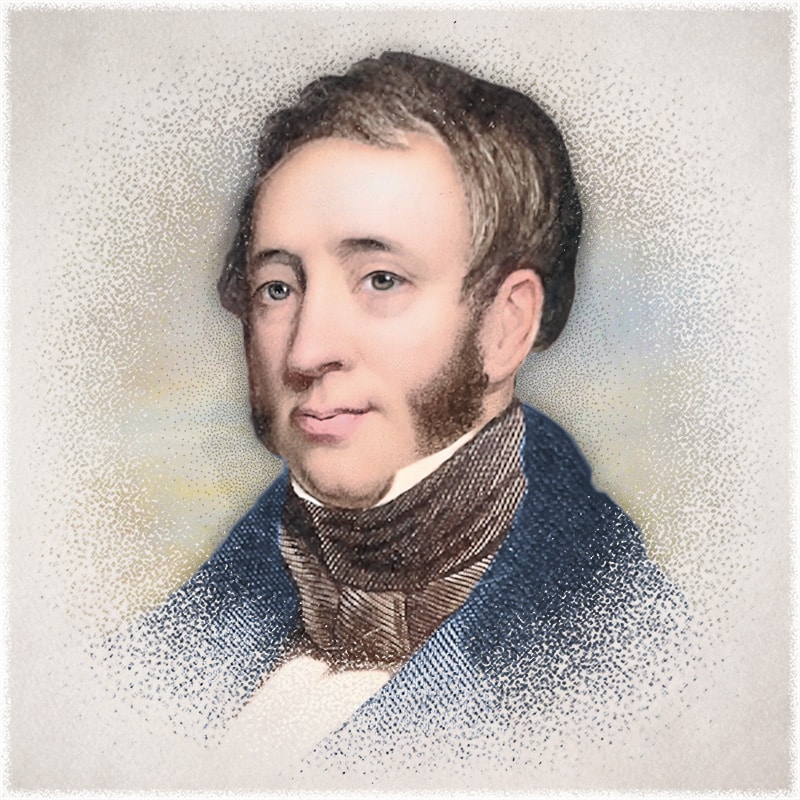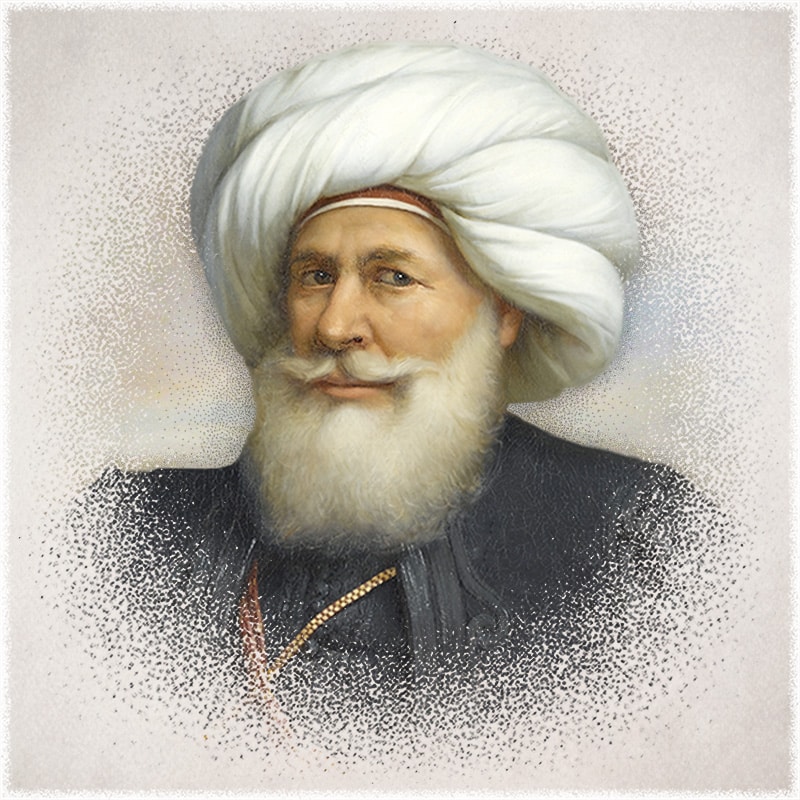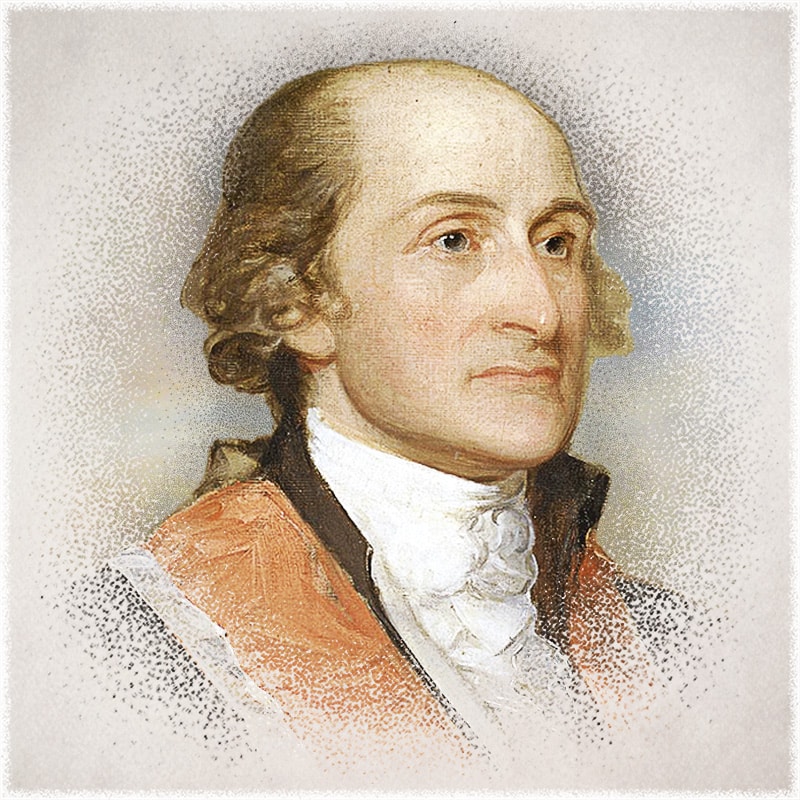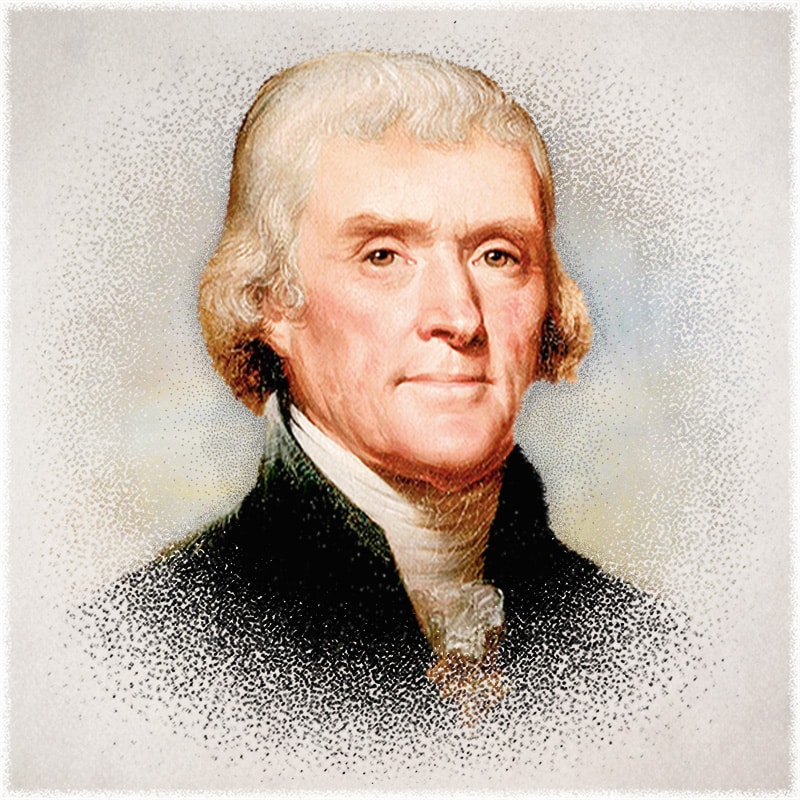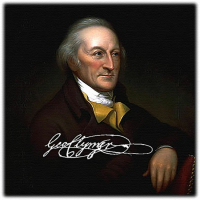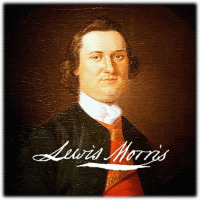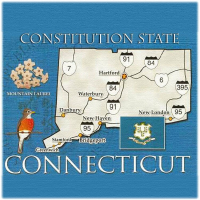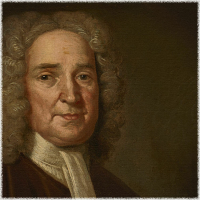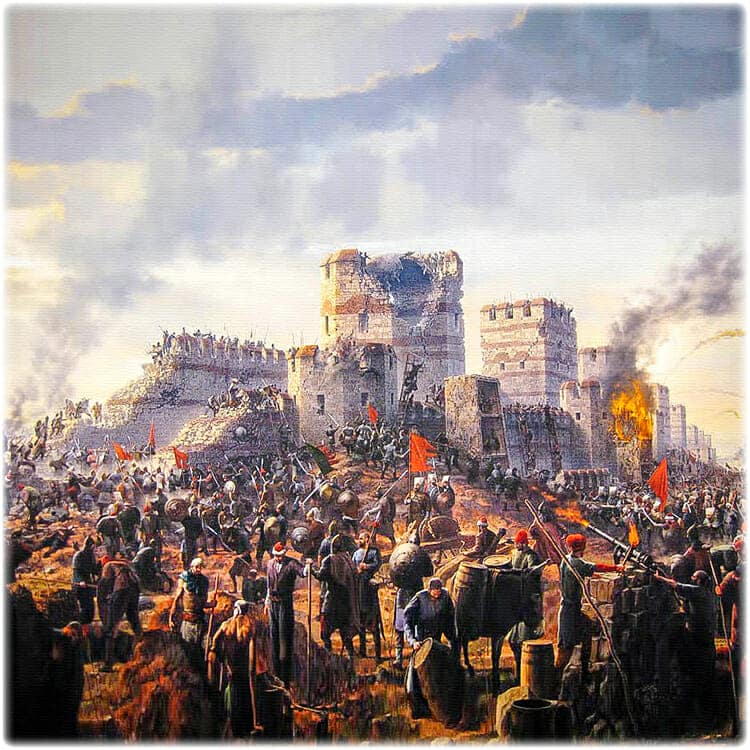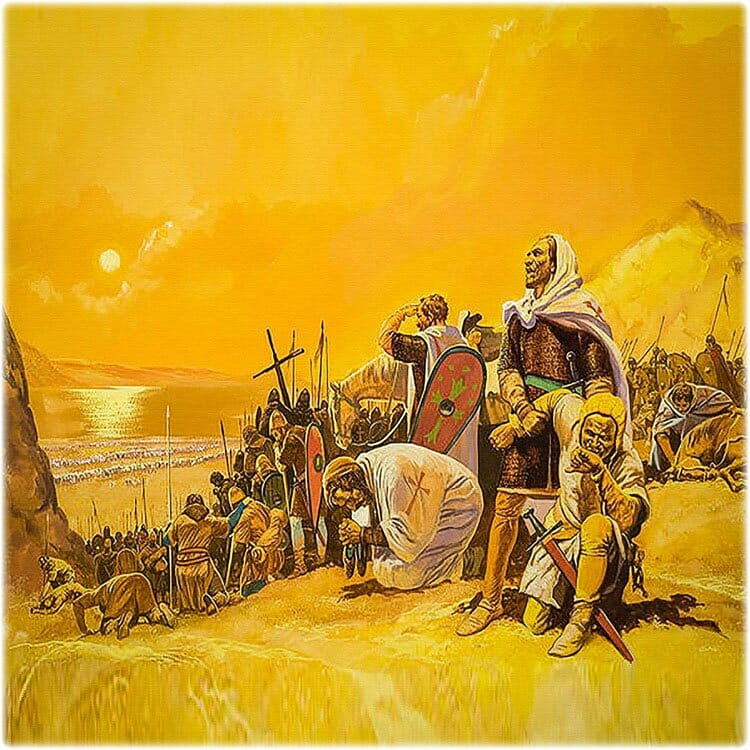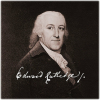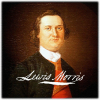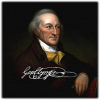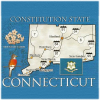Slavery—Where is the Moral Voice in Marxism, Darwinism, and Islam?

On Tuesday, June 15, 2020, Virginia Democratic Senator, Tim Kaine declared from the Senate floor of the United States Capitol:Slavery—Where is the Moral Voice in Marxism, Darwinism, and Islam
The first African Americans sent into the English colonies came to Point Comfort, Virginia, in 1619. They were slaves. They had been captured against their will. But they landed in colonies that didn't have slavery. There were no laws about slavery in the colonies at that time. The United States didn't inherit slavery from anybody. We created it.[1]Slavery—Where is the Moral Voice in Marxism, Darwinism, and Islam
It is tragically ironic that Mr. Kaine would heap such ridicule upon the founding of America and at the same time count himself a member of the political party that resisted all attempts to end slavery in America and deny blacks equality with whites. Kaine embarrassed himself further by offering misinformation of the subject under consideration.
But Tim Kaine is not alone in leading the charge that America was founded as a racist nation. Only the most ill-informed will fail to recognize the Marxist attack upon America's true heritage which has been waged for more than a century. In 2019, New York Times columnist Nikole Hannah-Jones founded The 1619 Project. The goal of The New York Times and Hannah-Jones was to retell America's history as a nation founded upon racist principles. The goal of Marxists around the world has been to denigrate the heritage of nations they seek to conquer, thereby destroying national identity and willingness to maintain national sovereignty. Other leading voices that allege America was formed as a racist nation include Yale Law School professor, James Q. Whitman, The United States and the Making of Nazi Race Law;[2] Joe R. Feagin, Racist America: Roots, Current Realities and Future Reparations America's Racist Origin[3] and The White Racial Frame Centuries of Racial Framing and Counter-Framing;[4] Reginald Horsman, Race and Manifest Destiny: The Origins of American Racial Anglo-Saxonism; and many others eager to mischaracterize or skew the historical facts concerning slavery in America.
Strangely, many of the writers who critique America's involvement with slavery have no right themselves to claim a moral privilege to speak to the subject. These writers are guilty of " the pot calling the kettle black" and are generally Darwinists or Marxists of some stripe. But reason alone denies Darwinists, Marxists, and Muslims the right to have a moral voice on the subject of slavery for the reasons explained in the pages that follow.
The subject addressed in this article is discussed at greater length in Slavery and the Founding of America. Christian Heritage Fellowship would be honored to work with individuals, businesses, churches, institutions, or organizations to help communicate the truth concerning the positive influence of the Christian faith by providing bulk pricing: Please contact us here... To purchase a limited quantity of this publication, please click: Purchase here...
Article Contents
While the name " Karl Marx" is well known in early twenty-first-century America, what is not well known to the masses is his life and character. Karl Heinrich Marx (May 5, 1818 – March 14, 1883) was born in Trier, Prussia (now Germany) to Jewish parents, but turning from Judaism, and following the example of his father, he was baptized into the Lutheran Church in 1824. The baptism of the Marx family was a matter of cultural convenience given the fact that Karl's father was an alleged deist. As a result, Karl became steeped in secular and philosophical literature of ancient and modern European classics and studied law and philosophy at the universities of Bonn and Berlin.
In 1843, Marx married theatre critic and political activist Jenny von Westphalen, but banished from his homeland because of his political views, Marx lived in exile with his wife and children in London for decades. Together, with his friend and financial patron Friedrich Engels, Marx is remembered for his strident advocacy of communism.[5] His best-known works on this subject include The Communist Manifesto (1848)[6] and his four-volume Das Kapital (Capital, 1867-1883)—though only the first of the latter set was published prior to his death.
While studying at the University of Berlin, Marx came under the influence of well-known philosopher Georg Hegel who had conceived the " Hegelian Dialectic." Hegel believed that progress or development usually entailed a proposition (thesis) which encountered an opposing force or reaction (anti-thesis). What often resulted from the two opposing forces of the proposition and reaction was a mediation of the two forces known as the resolution (synthesis). Marx used Hegel's dialectic to develop his belief of the origin of the universe, a thinking which in turn laid the foundation for violent revolutions (reactions/anti-theses) against capitalistic nations (propositions/theses).
Marx employed Hegel's dialectic to explain away a divine origin of the universe in favor of his naturalistic origin known as a " materialistic dialectic". Such godless political thought was used to polarize nations, pitting one group of a particular view (proposition/thesis) against another group holding an opposite view (reaction/anti-thesis). Division concerning race, economic condition, sex, or any of a number of other issues have been used by communists to create crisis and division in societies to violently overthrow democratically elected governments around the world.
In his book The Naked Marxist, former Federal Bureau of Investigation agent W. Cleon Skousen provides a scholarly overview of the life of Marx and the tragic consequences visited upon the world by his political philosophy. Having been encouraged by FBI director J. Edgar Hoover to provide America with a thorough understanding of Marxism, Skousen exposed the hypocrisy of the movement. Rather than liberate the masses of humanity, Skousen charged Marxism with the enslavement of the masses—the number of which had never previously been known:
While pretending to liberate mankind from the alleged oppression of capitalism, Marxist Man has defied the warm, white light of Twentieth Century civilization to introduce slavery on a scale unprecedented in the history of the [human]race. While claiming to foster the “rights of the common man” the Marxist has butchered his fellow citizens from Kulaks to aristocrats in numbers that baffle rational comprehension. And while describing himself as the epitome of the best in nature—the creature of science, the supreme intelligence of the universe—Homo-Marxian has exploited his cunning to compound crimes which scarcely would be duplicated by the most predatory tribes of pre-historic times.[7]
The misery brought upon the human race by Marxism since its inception has been infinitely worse than all the suffering evoked throughout human history at the hands of slavery's task masters.
The disciples of Charles Darwin constitute a second group which possesses no right to moral voice concerning the subject of slavery. Both Marxism and Darwinism insist that nature has employed violence as a creative force in the development of both the living and non-living.
Eleven years after Marx and Engels published their Communist Manifesto, naturalist Charles Darwin published his much-hailed work, The Origin of Species in November 1859. An unexpected bestseller, the Origin asserted the belief that more complex forms of life developed from simpler, less complex forms.
In his introduction to Origin, Darwin euphemistically describes the struggle organisms experience while developing from lower to higher forms of life. He wrote,
As many more individuals of each species are born than can possibly survive; and as, consequently, there is a frequently recurring struggle for existence, it follows that any being, if it vary however slightly in any manner profitable to itself, under the complex and sometimes varying conditions of life, will have a better chance of surviving, and thus be naturally selected. From the strong principle of inheritance, any selected variety will tend to propagate its new and modified form.[8]
By "natural selection," Darwin meant the "preservation of favorable variations and the rejection of injurious variations."[9] But for Darwin, " preservation" and " rejection" was a single process of violence described as the " struggle for existence" and the " battle of life" .[10] " Teeth and talons"[11] were among the many instruments that ensured animals and living organisms the " best chance of surviving and procreating their kind."[12] Thus, according to Darwin, only the strong survived through violent struggle over weaker forms of life.
Initially, Darwin was reticent to discuss the implications of his theory that humans had developed from a long line of common descent through eons of struggle and battle for survival, but as he prepared to conclude the Origin he confessed, " Light will be thrown on the origin of man and his history."[13]
In 1871, Darwin began to publish his two-volume The Descent of Man and Selection in Relation to Sex, completing the second volume in 1873. In his introduction he stated his purpose:
The sole object of this work is to consider firstly, whether man, like every other species, is descended from some preexisting form; secondly, the manner of his development; and thirdly, the value of the differences between the so-called races of man.[14]
Darwin expended considerable effort to describe how the human race has gained a superior place within the animal kingdom. Just as the themes of " struggle" and " battle" are means of violent " preservation of favorable variations and the rejection of injurious variations"[15] in the Origin of Species, so these same themes become the creative forces of " evolution" that Darwin develops in The Descent of Man.
When considering the prominence of mankind within nature, Darwin identified physical, social, and intellectual characteristics that enable him to enjoy greater success in the struggle for survival. Speaking of physical qualities alone, Darwin wrote,
If it be an advantage to man to have his hands and arms free and to stand firmly on his feet, of which there can be no doubt from his preeminent success in the battle of life, then I can see no reason why it should not have been advantageous to the progenitors of man to have become more and more erect or bipedal.[16]
In short, Darwin advocated his theory of evolution by natural selection or " survival of the fittest". Evolution, says Darwin, has been achieved by the elimination of inferior organisms by the superior. As stated in his introduction of The Descent of Man, Darwin believed that one race was superior to others, and specifically, his own white race was superior to " lower savages."[17] Late evolutionary paleontologist and Marxist, Stephen Jay Gould (1941–2002) recognized the influence which Darwin's publications had upon the evolutionary legitimization of racism when he wrote, " Biological arguments for racism may have been common before 1859, but they increased by orders of magnitude following the acceptance of evolutionary theory."[18]
Darwinism suggests that evolution is nature's creative force, ever positioning the strong over the weak. Attempts to deny the role of Darwin in the racist atrocities of Adolph Hitler have been refuted through the work of Richard Weikart in his book, Darwinian Racism: How Darwinism Influenced Hitler, Nazism, and White Nationalism.[19]
By establishing a system of right and wrong developed by Marxism and Darwinism, tyrants around the world have visited untold suffering upon the human race. In his biography of Charles Darwin, distinguished English historian Paul Johnson makes the following observation concerning the atrocities of Marxists and Darwinists:
In the twentieth century, it is likely that over 100 million people were killed or starved to deathas a result of totalitarian regimes infected with varieties of social Darwinism…. At the time Origin [of Species]was published, there were about 1, 325 million human beings in the world. By the time [Marxist]Mao Tse-tung, last of the great " exterminators, " died—having himself presided over the deaths of 70 million—the human total had risen to 3, 900 million.[20]
The truth is, Origin is a book that . . . had a devastating intellectual and emotional impact upon world society.[21]
From its beginning, Islam has been one of the most ardent supporters of slavery in world history. In fact, no movement to abolish slavery has ever arisen within Islam, and it has been Muslim nations that have most vigorously resisted such abolition efforts. Because Mohammad possessed slaves, his followers have emulated their founder in this and many other respects.
One of the earliest and most authoritative biographies of Mohammad, the founder of Islam was written by Ibn Ishaq.[22] The most casual reading of this voluminous work discloses the fact that Mohammad was born into a culture where slavery was a fact of life.[23] It is true that some slaves were freed for various reasons,[24] that Mohammad received slaves as gifts,[25] and that Christians were enslaved[26] —a fact to be considered further in what follows. Despite the fact that individual slaves were occasionally freed by Arabs, Mohammad and Islam have never disavowed the practice of slavery. Mohammad owned slaves, and Muslims have earnestly patterned their cultures after the example of their founder with regard to slavery and many other aspects.
By the mid-nineteenth century, Muslim Turks were still aggressively enslaving Africans. Dr. Richard Robert Madden was an Irish doctor, historian, slavery abolitionist, and author. An active abolitionist, Dr. Madden was employed by the British civil service in 1833 in an attempt to impose British anti-slavery laws throughout the West, though his efforts also extended into the Muslim world of the Turks.
Mohammad Ali (also called Mehmed Ali) was the Muslim Ottoman or Turkish governor of Egypt from 1805 to 1848 and founder of the dynasty that ruled Egypt from the early nineteenth century to the middle of the twentieth. At the height of his rule, he controlled all of Sudan, Egypt, Hejaz, and the Levant. Attempting to advance Western abolition efforts among Muslims, Dr. Madden traveled to meet Mohammad Ali where he spent some time attempting to suppress the Egyptian and Turkish slave trade. During his time in Egypt, Dr. Madden personally witnessed the methods employed by Muslims in the capture of African slaves. He vividly recounted his eye-witness experience and published it in 1841 in his book, Egypt and Mohammed Ali: Illustrative of the Condition of His Slaves and Subjects.[27] Dr. Madden's account of this inhumane practice and Muhammad Ali's personal supervision of native captures is presented as Appendix B at the end of this work.
But America's struggle against Islam began nearly a half century prior to the work of Dr. Madden. Throughout its entire history, Islam has advanced itself with the sword and has subjected its victims to the chains of slavery in some form.
With the fall of Granada in 1492, Muslim Moors were pushed out of Spain and back into North Africa. Settling along the Barbary Coast of North Africa, the vanquished Muslims became proficient as seamen and soon began attacking Christian towns and cities along the coast of the Mediterranean. As one historian observed concerning these raids, " every captured Christian not too old or too young [was]to be a slave."[28] Though Muslims had terrorized Christians of the Mediterranean world since the seventh century, the Muslim states of the Barbary Coast of North Africa—including Morocco, Algiers, Tripoli, and Tunis—became one of America's earliest adversaries.
One of the earliest accounts of Muslim pirates attacking ships with interest in America occurred about 1625. As part of their agreement with investors to sponsor their immigration to America, Pilgrims sent furs, fish, and other goods back to England as payment. On one occasion the Pilgrims were shipping their goods back to England on two ships—one smaller, and the other larger. Pilgrim leader William Bradford recounted what occurred as the two ships neared their port in England:
The captain of the big ship was so careful, both vessels being so well-laden, that he towed the small ship at his stern all the way over. So, they went joyfully home together, and had such fine weather that he never cast her off till they were well within the England channel, almost in sight of Plymouth. But even there she was unhappily taken by a Turkish man of war and carried off toSaller, where the captain and crew were made slaves...[29]
Prior to the American Revolution, British colonies enjoyed a degree of protection from the Barbary pirates by British warships and existing treaties, but upon declaring independence, the United States assumed the responsibility of providing protection for Her merchant ships in the Mediterranean and eastern Atlantic against attacks of the Muslim Barbary pirates.
Following American independence, attacks against American merchant ships began in July 1785 when two ships were captured. Survivors were forced into slavery and ransom was set at $60, 000. The United States Congress, having disbanded the Continental Navy and sold its ships, was forced to pay tribute to the Muslim pirates of the Barbary Coast. A series of so-called peace treaties known as the Barbary Treaties followed with Morocco (1786),[30] Algiers (1795),[31] Tripoli (1797),[32] and Tunis (1797).[33]
On March 28, 1786, American ambassadors Thomas Jefferson and John Adams penned a letter from England to future first chief justice of the Supreme Court, John Jay. In their letter, Jefferson and Adams reported on a meeting they had in London with Ambassador Abdrahaman of Tripoli. Abdrahaman clearly related that with regard to the practice of slavery, Muslims followed the example of their founder, Mohammad:
The Ambassador answered us that it was founded on the Laws of their Prophet, that it was written in their Koran, that all nations who should not have acknowledged their authority were sinners, that it was their right and duty to make war upon them wherever they could be found and to make slaves of all they could take as Prisoners, and that every Musselman who should be slain in battle was sure to go to Paradise.[34]
On March 20, 1794, the House of Representatives, at the urging of President George Washington, approved " An Act to Provide a Naval Armament"[35] which authorized the building of six heavy frigates and established the United States Navy. Despite treaties with the Muslims, attacks against American ships were renewed resulting in two wars with the pirates.
When Muslim Barbary pirates violated their treaties with America, the United States joined Sweden and the Kingdom of Sicily in military action against the Barbary states. The first of the two wars occurred from May 10, 1801, to June 10, 1805. Unwilling to see Americans further enslaved by Muslims or pay increasing sums for ransom, President Thomas Jefferson dispatched a fleet to suppress the Muslims. An American naval fleet, which included the frigates President and Philadelphia and the schooner Enterprise,[36] was sent on May 13, 1801, to suppress the pirates. During action the Philadelphia ran aground resulting in the capture and enslavement of the American crew. Unwilling to allow the Philadelphia to be reoutfitted and used by the Muslims, Americans reboarded and scuttled their frigate. A temporary peace was finally achieved and 200 American slaves released.[37]
The second war lasted only three days after the peace was broken, ending on June 19, 1815. The rampant piracy of Muslims that had accompanied Ottoman domination of the Mediterranean (16th-18th centuries) was effectively brought to an end the following year by the Netherlands and the United Kingdom, also bringing to an end America's practice of paying tribute to pirate states.
Muslim piracy reached beyond the Mediterranean to the British Isles and as far north as Iceland.[38] Islam is believed to have enslaved 180, 000, 000 Africans and approximately 1,000,000 Europeans and Americans.[39] Tragically, slavery remains widely practiced throughout the twenty-first century Muslim world!
Marxism believes there are no moral standards to which the human race must conform. Ensuring that the working class or the proletariat dominates the world determines what is right—one class dominating another class. Like Marxism, Darwinism believes that moral law is determined by the principle of natural selection or might is right. Islam follows the example of Mohammad and is responsible for the enslavement of millions from the seventh century down to the present hour.
Is it possible that these three philosophies which, in principle and practice, assert the natural rights of one individual or group over another should be accorded any moral voice on the subject of slavery?
America deserves to know its true heritage.
Please contribute today!
[1] Anthony Leonardi " Sen. Tim Kaine Claimed That the United States Created the Institution of Slavery, " Washington Examiner, January 18, 2023; https://www.washingtonexaminer.com/news/tim-kaine-the-united-states-created-slavery.
[2] James Q. Whitman, Hitler's American Model: The United States and the Making of Nazi Race Law (Princeton: Princeton University Press, 2017).
[3] Joe R. Feagin, Racist America: Roots, Current Realities and Future Reparations, ed. Fourth (New York, NY: Routledge, 2019).
[4] Joe R. Feagin, The White Racial Frame Centuries of Racial Framing and Counter-Framing, Third ed. (New York, NY: Routledge, 2020).
[5] E. J. E. Hobsbawm, " Marx, Karl Heinrich (1818–1883), " Oxford University Press, December 1, 2022.
[6] Karl Marx and Friedrich Engels, Manifesto of the Communist Party, ed. Friedrich Engels, Second ed. (New York: The National Executive Committee of the Socialist Labor Party, 1898).
[7] W. Cleon Skousen, The Naked Communist: Exposing Communism and Restoring Freedom (Salt Lake City, UT: Izzard Ink Publishing Company, 2017), 112.
[8] Charles Darwin, The Origin of Species by Means of Natural Selection: Or, the Preservation of Favored Races in the Struggle for Life (London: John Murray, Albemarle Street, 1859), 5.
[9] Darwin, Origin of Species, 81.
[10] Darwin, Origin of Species, 80.
[11] Darwin, Origin of Species, 77.
[12] Darwin, Origin of Species, 81.
[13] Darwin, Origin of Species, 488.
[14] Charles Darwin, The Descent of Man and Selection in Relation to Sex, 2 vols. (New York: D. Appleton and Company, 1871), 1:3.
[15] Darwin, Origin of Species, 81.
[16] Darwin, Descent of Man, 1:136-37.
[17] Darwin, Descent of Man, 1:34.
[18] Stephen Jay Gould, Ontogeny and Phylogeny (Cambridge, MA: Belknap Press of Harvard University Press, 1977), 127.
[19] Richard Weikart, Darwinian Racism: How Darwinism Influenced Hitler, Nazism, and White Nationalism (Seattle, WA: Discovery Institute Press, 2022).
[20] Paul Johnson, Darwin: Portrait of a Genius (New York: Viking Penguin, 2012), 136.
[21] Johnson, Darwin: Portrait of a Genius, 130-31.
[22] The Life of Muhammad: A Translation of Ishaq’s Sirat Rasul Allah, trans. A. Guillaume (Oxford, UK: Oxford University Press, 1955).
[23] The Life of Muhammad, 21, 49, 51, 59, 95, etc.
[24] The Life of Muhammad, 144, 504, 595.
[25] The Life of Muhammad, 648.
[26] The Life of Muhammad, 572.
[27] Richard Robert Madden, Egypt and Mohammed Ali: Illustrative of the Condition of His Slaves and Subjects (London: Hamilton, Adams and Co., 1841).
[28] W. O. Blake, The History of Slavery and the Slave Trade, Ancient and Modern (Columbus, OH: H. Miller, 1860), 71.
[29] William Bradford, Of Plymouth Plantation: Bradford's History of the Plymouth Settlement, 1608-1650 (New York: E. P. Dutton and Company, 1920), 166.
[30] Treaties and Other International Acts of the United States of America, ed. Hunter Miller, 8 vols. (Washington, DC: United States Government Printing Office, 1931), 2:185.
[31] Treaties and Other International Acts, 2:275.
[32] Treaties and Other International Acts, 2:349.
[33] Treaties and Other International Acts, 2:386. It should be noted that Morocco was the first Barbary state to give up Christian slavery. Blake, History of Slavery and the Slave Trade, 93.
[34] Thomas Jefferson, The Papers of Thomas Jefferson. Volume 9, 1 November 1785 to 22 June 1786, ed. Julian P. Boyd (Princeton: Princeton University Press, 1954), 9:368.
[35] Journal of the House of Representatives of the United States, Being the First Session of the Third Congress: Begun and Held at the City of Philadelphia, December 2, 1793, and in the Eighteenth Year of the Independence of the Said States, 43 vols. (Washington: Gales and Seaton, 1826), 2:98.
[36] Thomas Harris, The Life and Services of Commodore William Bainbridge, United States Navy (Philadelphia: Carey, Lea and Blanchard, 1837), 63.
[37] Blake, History of Slavery and the Slave Trade, 92.
[38] Blake, History of Slavery and the Slave Trade, 77-78.
[39] William Federer, " Slavery—a Long and Shameful History, " American Minute (February 15, 2020.

